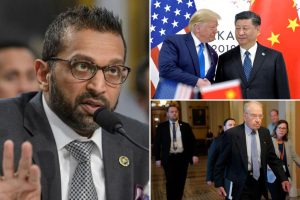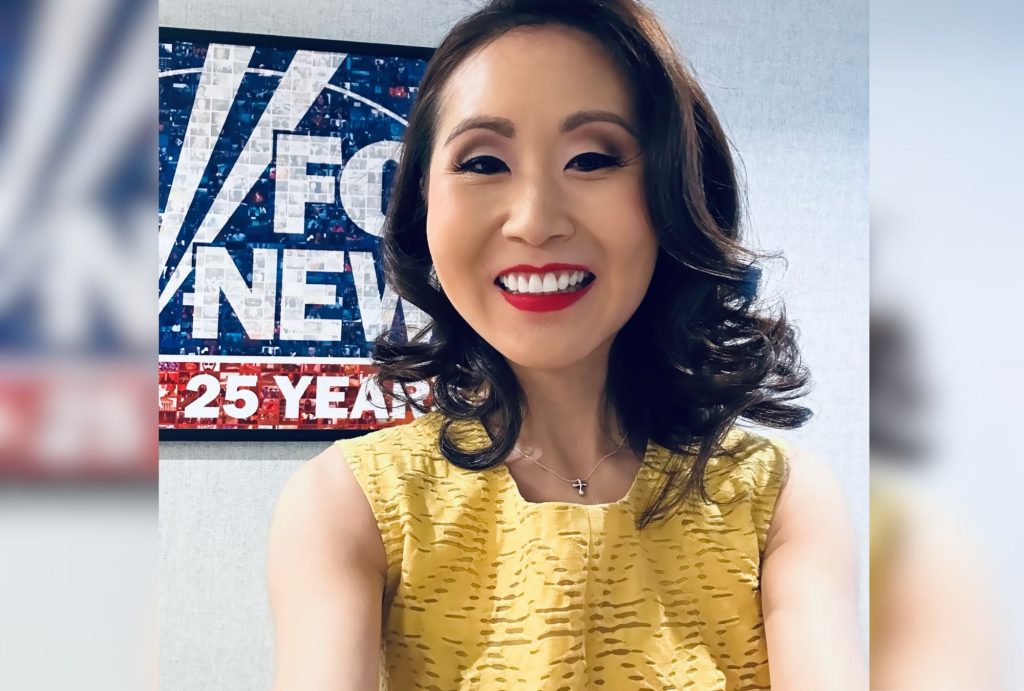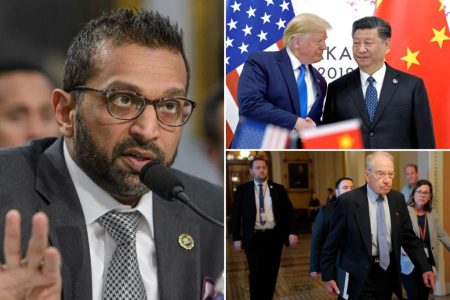Lindy Li, a prominent Democratic National Committee (DNC) fundraiser, has dramatically exited the Democratic Party, citing a toxic internal culture and intense backlash against her public critiques of Vice President Kamala Harris and President Joe Biden. Li’s departure has ignited a firestorm of debate about the state of the Democratic Party and the tolerance for dissenting opinions within its ranks. Her claims of encountering more “humane” treatment from allies of Donald Trump than from her former colleagues have further fueled the controversy.
Li’s departure follows a series of increasingly critical remarks she made about the Democratic leadership. She publicly questioned Harris’s political ambitions and Biden’s fitness for office, actions that drew immediate and fierce criticism from within the party. The situation escalated further when Li voiced support for Pete Hegseth, Trump’s nominee for Secretary of Defense. This endorsement, coupled with her repeated characterization of the Democratic Party as having a “stench of loser,” triggered a wave of online backlash, including orchestrated campaigns to unfollow and block her on social media. Li reported a significant loss of followers, claiming she was punished for daring to express her opinions.
Li has framed her departure from the Democratic Party as an escape from a cult-like environment, drawing parallels between her experience and the restrictive dynamics often associated with such groups. She alleges that questioning the established narrative or expressing dissenting viewpoints within the party resulted in swift and severe repercussions, including ostracization and coordinated attacks on her reputation. This characterization has sparked a broader discussion about the potential stifling of internal dissent within the Democratic Party and the implications for its future.
The timing of Li’s exit, as the 2024 election looms, adds another layer of complexity to the situation. Her criticisms, particularly her assertions about the party’s perceived weakness and inability to connect with working-class voters, resonate with some of the concerns voiced by other disillusioned Democrats. These concerns, coupled with Li’s public embrace of Trump and his administration, have intensified anxieties within the party about its ability to present a united front and address the challenges posed by a resurgent Republican Party.
Reactions to Li’s departure have been sharply divided. While some see her as a courageous voice willing to challenge the status quo, others dismiss her as an opportunist seeking attention and personal gain. Democratic strategist Keith Edwards, for example, labeled Li a “grifter” on social media, questioning her motives and predicting a future embrace of Trump’s “Make America Great Again” (MAGA) movement. Conversely, former Ohio congressman Tim Ryan’s comments in The New York Times reflect a broader concern about the Democratic Party’s perceived disconnect from working-class voters, echoing some of the sentiments expressed by Li.
Looking ahead, Li has indicated her intention to align with conservative organizations and individuals who, in her view, embody “common decency.” She has confirmed plans to attend Trump’s inauguration, further solidifying her break from the Democratic Party and signaling a potential shift in her political affiliations. This move raises questions about the long-term implications of her departure and whether it represents a broader trend of disillusionment within the Democratic ranks. The unfolding narrative promises to continue fueling the ongoing debate about the future direction of the Democratic Party and the challenges it faces in the lead-up to the 2024 election and beyond.










